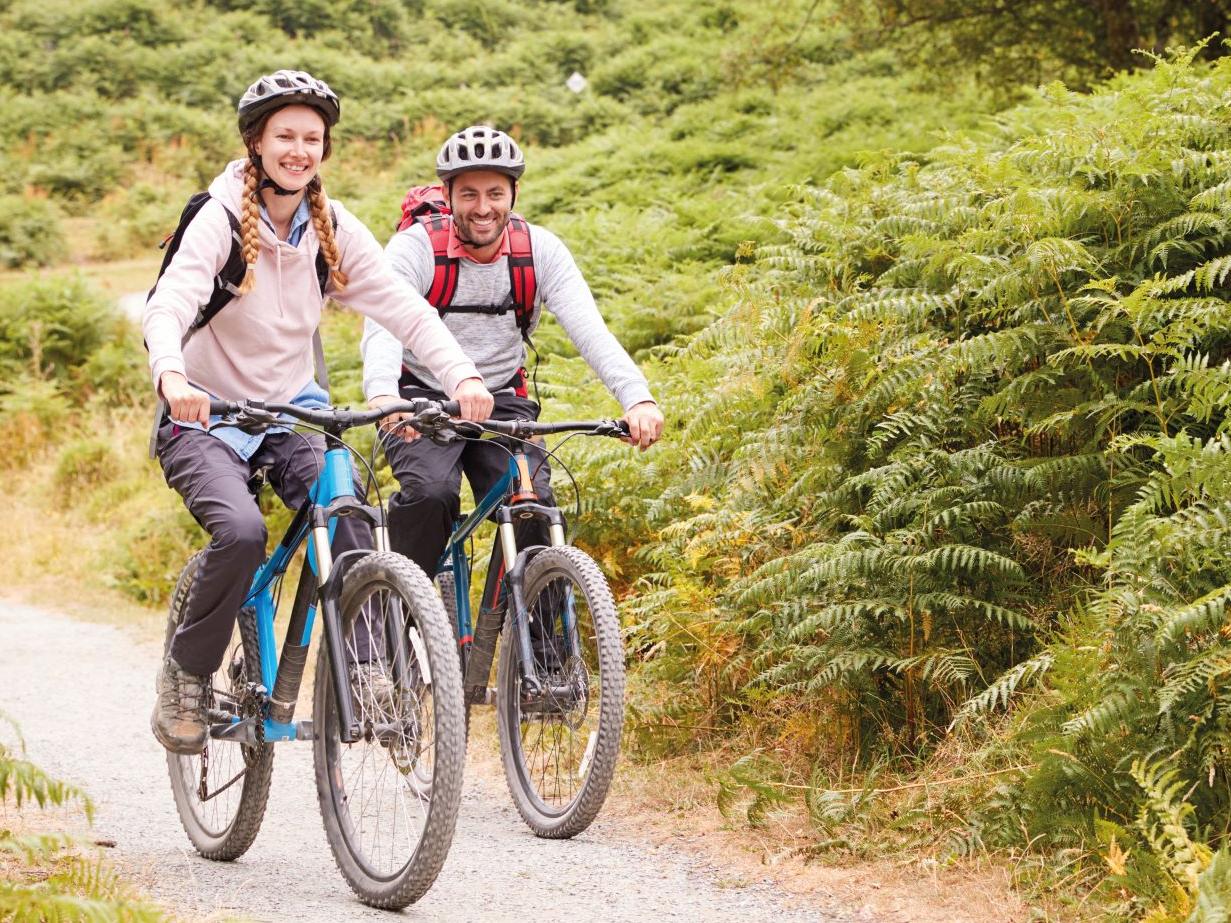Sport England has launched an Autumn and Winter Activity Toolkit to help sports and physical activity providers to assist more people to stay active over the next six months.

The toolkit, which offers resources and insight that will support both individuals and organisations, has been produced on the back of some new figures that show a decline in the nation’s activity levels.
It’s designed to help with the major difficulties that activity providers are facing due to the coronavirus pandemic, such as the ongoing tightening of restrictions, financial constraints and the annual seasonal challenge winter brings.
Sport England chief executive, Tim Hollingsworth, said he hoped the toolkit would go some way to providing the support and encouragement the industry needs at a very tough time.
“Sport and physical activity deliver immediate mental health and social benefits while having a longer-term impact on our physical health. It is a vital tool to help us cope mentally with the challenges the months ahead will bring and physically to be fitter and healthier, to boost our immunity and to ward off illnesses more generally.
“We know that many of our partners are struggling to keep their communities involved in their regular sports and activities – either because they face restrictions or they are struggling financially, and this toolkit is here to help provide support and encouragement.”
Sport England research has shown that, before the pandemic, activity levels across England had hit record highs, and though stubborn inequalities still existed, the upward trajectory gave much cause for optimism that sport and physical activity was becoming truly embedded in people’s daily lives.
While the early months of lockdown saw activity levels broadly hold up, as people turned to different activities like running, cycling and working out at home, recent analysis suggests that motivation has waned, with less than a third of adults in England now doing at least 30 minutes of activity on at least five days a week.
Numbers are dipping even more for the groups who found it harder to be active before lockdown – such as people from Black and minority ethnic communities, disabled people and people on lower incomes.
The toolkit brings together advice, guidance and encouragement that complies with national guidelines while also responding to local needs and restrictions.